Worth the Risk?
I rewatched an old favorite this week, Equilibrium. If you’re not familiar with it, think 1984 meets The Matrix. It’s a timely tale about a future that is practically at our doorsteps: black-coated enforcers dispatch “sense offenders” with ballet gunplay and thinly disguised Nazi flags fly on every corner and the Mona Lisa gets incinerated by a flamethrower because it makes people “feel.” Isn’t that where our world is heading?
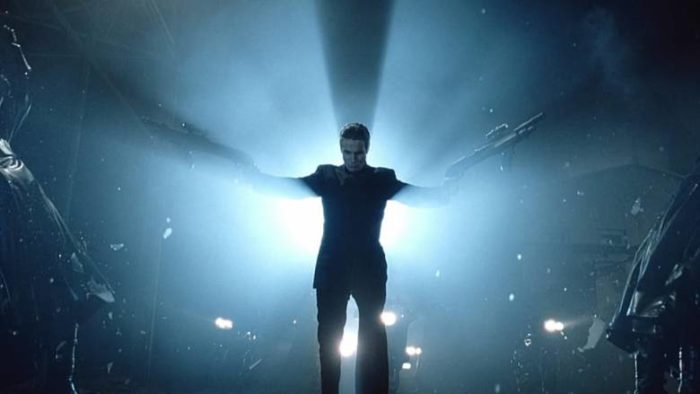
Image copyright Miramax Films
All kidding and choreographed violence aside, the movie does explore an interesting premise: is mankind’s “volatile nature” worth the risk? In the film, the populace is controlled by frequent doses of Prozium, a capsule drug that essentially smothers all emotion. As the governmental figurehead named Father declares, “At the cost of the dizzying heights of human elation, we have suppressed its abysmal lows.” Anger, hatred, depression, and malice are anesthetized along with joy, excitement, love, and kindness. People are machines, not feeling anything one way or another, even if their friends or family are arrested and executed for sense offense.
Taken from a purely humanistic standpoint, there is an element of truth to this notion. If cold, hard logic reigned supreme in the hearts and minds of every person, there would be a lot less crime and bad decisions. Even the members of the Resistance, an underground society that refused to take Prozium, agreed that “without control, without restraint, emotion is chaos.” They claim that feeling is what makes life worth living, but this is a very subjective point. Someone would argue that the powder keg of emotion is worth the risk because it gives life a spark, even though it may turn into a raging fire, while another person would say that it’s too volatile and unpredictable, so just get rid of it altogether.
As our society marches further away from God, it actively seeks to deny the gifts and blessings that He gives the whole world, to believers as well as unbelievers. Emotions are one of these gifts, but in our fallen state, they have become corrupted. The Bible says that the heart is wicked (Jer. 17:9, Mark 7:21), and it takes only a moment of self-reflection to see what the mess of our feelings and desires. It also takes only a moment to look with disgust and horror at a world ruled by its emotions and appetites and see how far the depravity of man can carry itself away from God.
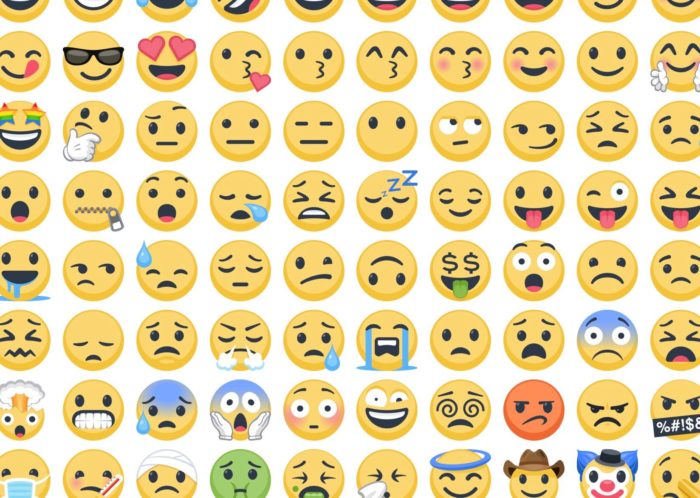
We know that the root of this depravity is not emotions, but the fallen sin nature of everyone that ever lived, apart from Jesus Himself. Yet the world cannot accept this truth, so it invents new ways to explain it away and new balms to soothe the wounds. In contrast to films like Equilibrium, the trend seems to swing the other way, to hyper-emotional release. The internet is a deafening beehive buzzing with vented feelings, outbursts of rage, sensory overload, and wanton gratuity. Even in casual circles, being vulnerable and open with one’s feelings is a virtue held in higher regard than being the “strong, silent type” and having “a stiff upper lip”.
What is the result? Emotionally immature adults, fractured relationships and families, impulsive neurotics, unfiltered mental data dumps, offending people at every turn, and most importantly, increased self-idolatry. Would this be solved by emotional dampers? No, because the root would still remain. A perfect utopia does not depend on everyone getting along and having the same thoughts about everything, nor is it found in unrestrained self-expression.
“Follow your heart” is terrible advice. Follow the One who made your heart.

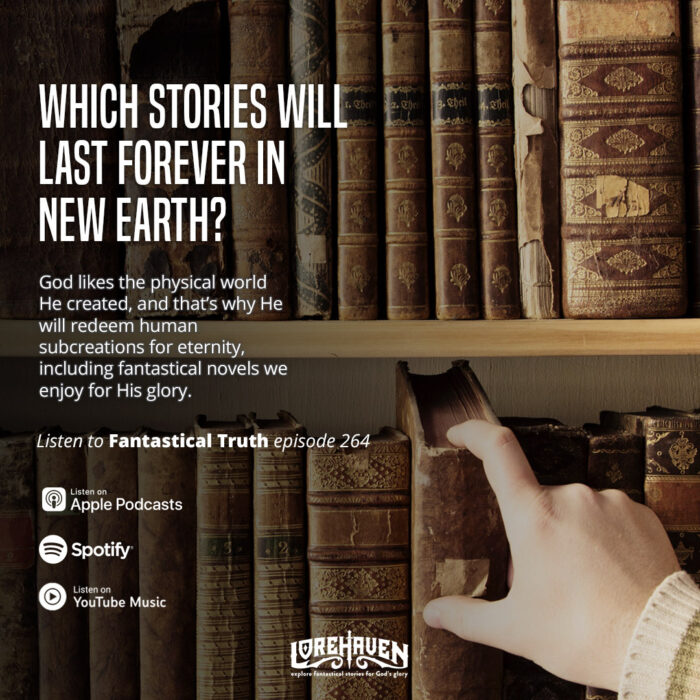


















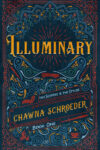

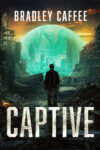


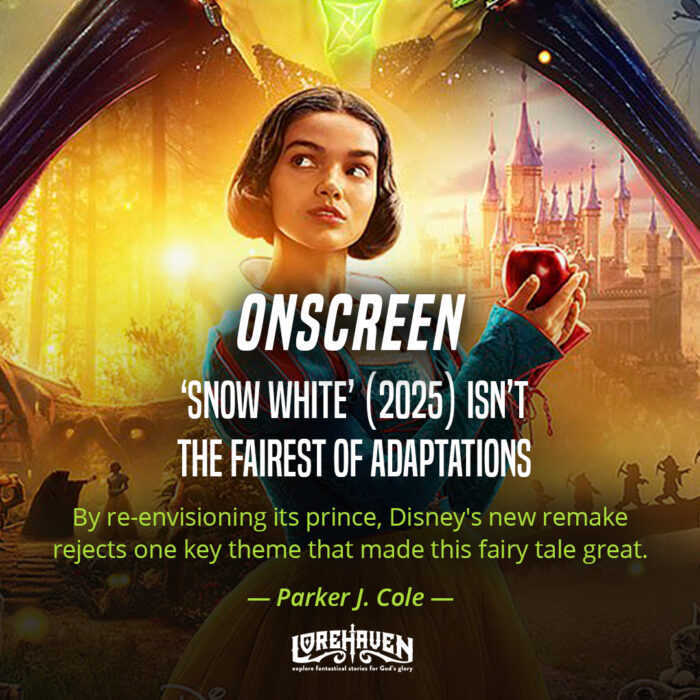
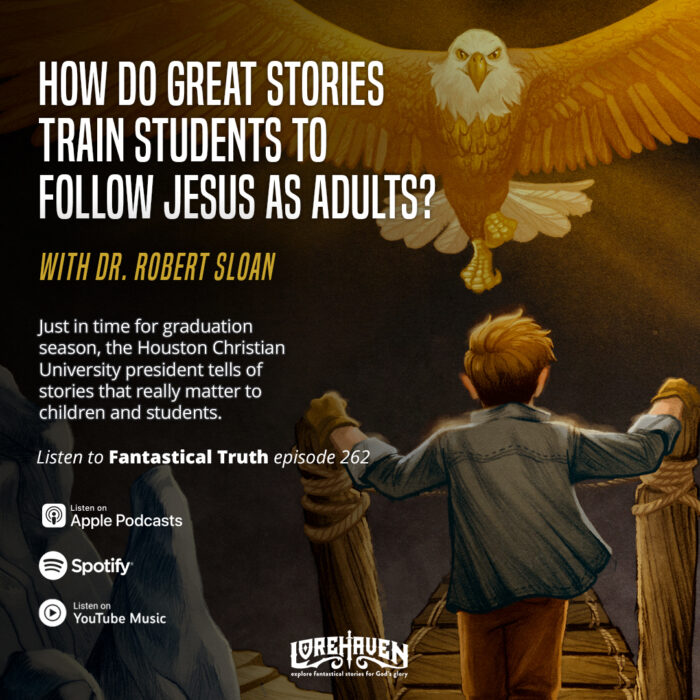


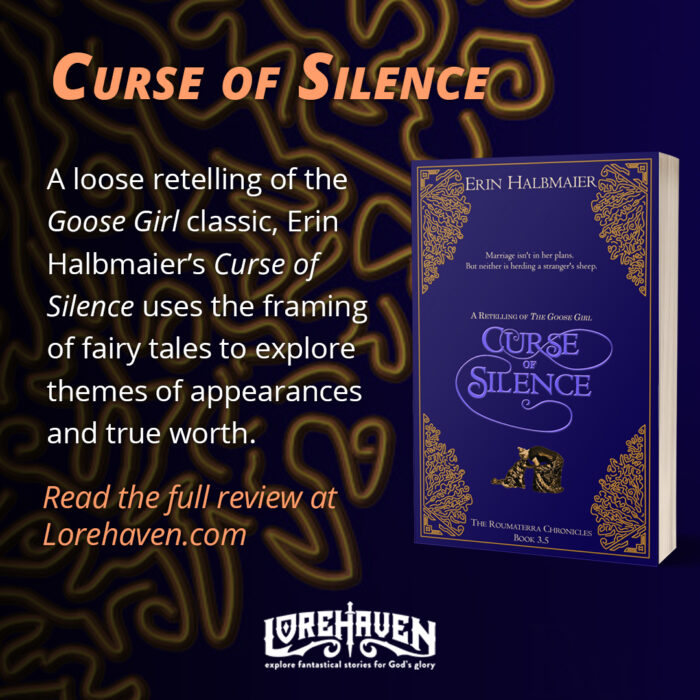
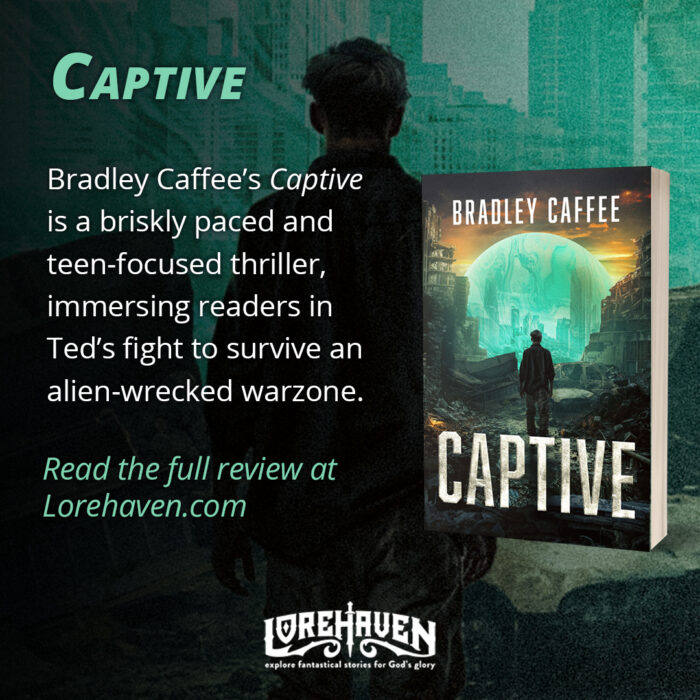

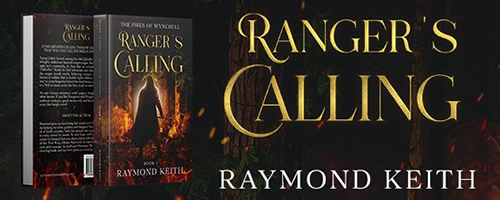





Star Trek does it better. To Vulcan or not to Vulcan?
But I disagree a bit with the notion that expressing the bad stuff is just as bad as repressing it. Sometimes just needing your feelings validated is 80% of your problem to begin with.
This is an interesting topic for me, because on one hand there’s certain situations where other people’s emotions can be overwhelming to me. Probably because a lot of the more stressful situations I’ve had a hard time handling were highly emotional ones. At the same time, however, I value freedom very highly, and wouldn’t be ok with some government out there deciding to take emotion away just because it bothered them.
Really, though, the idea of removing emotions just to save everyone from the dangers of emotion is, in itself, an emotional decision. If a human makes a decision like that, it would probably be because deep down, they’re upset at all the strife that comes from emotions. Or because part of them fervently believes it’s the right thing. Or they feel very strongly about following the rules.
A lot of shows featuring societies/creatures that suppress emotion don’t always do it in a way that makes sense, though. Like, they’ll have a robot or group of people that is described as having ‘no emotions’, but then they end up showing traces of spite or some other thing that makes it look like they do have some emotional functioning.
Personally, I’m on the side that says emotions are good, but we need to learn to use/express them in healthy ways. Unless there’s a life and death situation that requires immediate reaction, emotion probably shouldn’t be the primary(or at least only) say in what decision is made. Though some of that depends of the circumstances and people involved. Some people have better emotional decision making than others.
We probably wouldn’t have a society that tries to suppress everyone’s emotions for a long time, if ever, thankfully. But the shows that talk about that idea kind of highlight one of the frustrating flaws in government and society.
A group of people will think something is the solution even when it isn’t, and then they force everyone to adhere to that decision, even if it’s actually harmful. In the case of emotions, apparently the government thought that emotions were the problem and that getting rid of them somehow makes a less painful society. But they don’t take into account that an indifferent system that crushes everyone beneath its weight is just as bad. If they are suppressing emotions to get rid of death and pain, what’s the point if they’re having to kill a lot of innocent people just to enforce it? At least with our current system, people are more likely to get punished for actual wrongdoing.
True, it’s hard for shows to get details of the emotional/less thing right, but in the case of the Vulcans, I actually like it that they’re not actually as emotionless as they think they are. (I just finished watching ST: Enterprise [Dr Phlox is the only non-trashbag of a character])
Eh, yeah. I think in cases like that it can be very good to show that most people that see themselves as emotionless actually AREN’T. And of course there’s a difference between dystopian societies that suppress emotions rather than completely eliminate them. It’s just that sometimes authors act like they’re trying to drive the point home that a character is truly emotionless when the character obviously uses lots of emotional motives and decision making processes.
I don’t think being emotionless is possible but it’s kinda besides the point since emotions are a key companion to reason (not the enemy or opposite of reason). There’s a reason we call people who lack empathy psychopaths. 😉
And it’s worth noting that power dynamics should always be included in this kind of discussion. When we hold most of the power and are confident in our rightness then it is all too easy to miss what someone else is trying to say.
As a simplistic and not political example, there are many occasions when my toddler’s outbursts have alerted me to a want or need that I wouldn’t have realized otherwise. The emotions involved brought an emphasis that was important to me figuring out what he meant.
Good article. Yeah, it’s not emotions that are the problem on a fundamental level. It’s a reprobate attitude of excessive selfishness and lack of concern for others.
So that’s where Ted Dekker plagiarized it from.